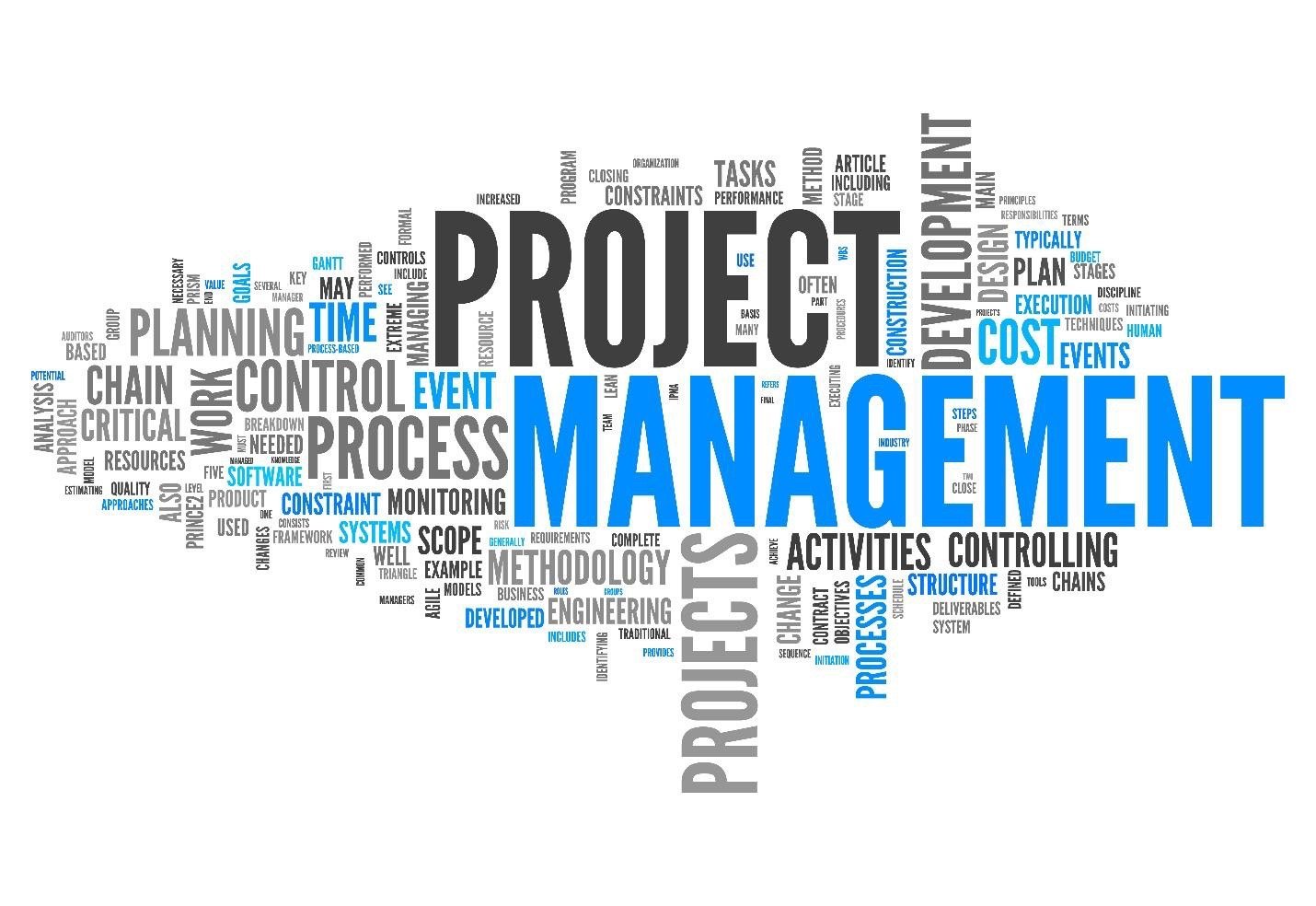
Utility Program Management Services
-

Program Oversight and Scope Management
To guarantee seamless and productive communication, the establishment of robust governance and oversight is imperative for shaping a well-defined organizational framework, delineating roles and responsibilities, determining meeting schedules, and implementing escalation procedures.
UMIS underscores the significance of an efficient governance system and consistent communication for the triumph of the project. Daily stand-up calls engage every member of the delivery team in discussions covering challenges, queries, and obstacles, fostering collaboration and progress in the project.
-

Program Schedule, Measurements and Cost Controls
To achieve project success and adhere to deadlines, it is essential to establish a well-defined and documented scope along with a change control process.
UMIS tailors project schedules and plans, incorporating crucial metrics and deliverables to cater to the unique requirements of each client.
Recognizing the pivotal role of budget considerations in selecting partners, UMIS proactively establishes a clearly defined program budget at the project's onset. Furthermore, we consistently monitor and report on various project cost aspects to ensure financial transparency and control throughout the project's lifecycle.
-

Water, Wastewater, and Stormwater Utility Emergency Management Plan Development
Our team will evaluate your information and develop a comprehensive emergency management plan for water, wastewater, and stormwater utility operations. In this resource, we aim to provide essential information and guidance for creating a robust emergency management plan tailored to the unique challenges of water, wastewater, and stormwater utilities. An effective plan is crucial to ensure the continued delivery of safe and reliable services during emergencies.
1. Introduction to Emergency Management for Utilities
2. Risk Assessment and Vulnerability Analysis
3. Emergency Response Team Formation
4. Communication Strategies
5. Resource Inventory and Logistics
6. Training and Drills
7. Infrastructure Resilience and Redundancy
8. Community Engagement and Public Awareness
9. Regulatory Compliance and Reporting
10. Lessons Learned and Continuous Improvement
11. Case Studies and Best Practices
